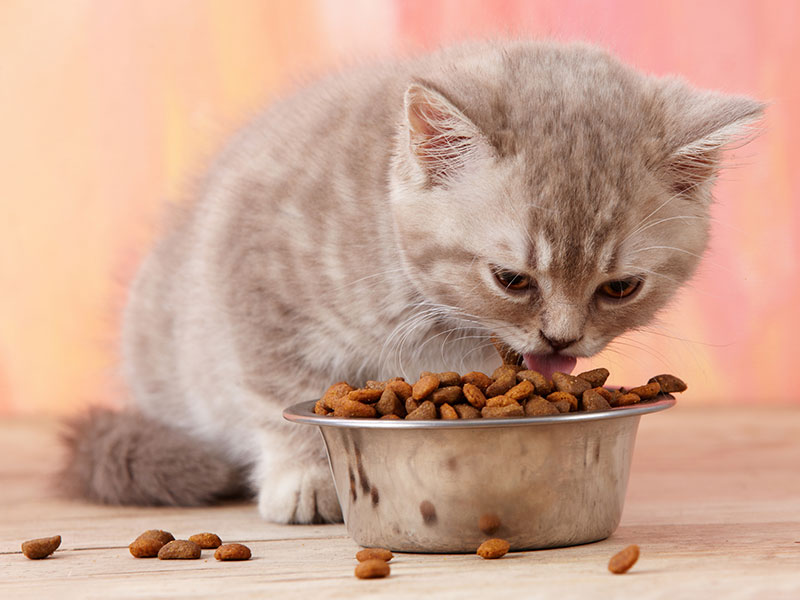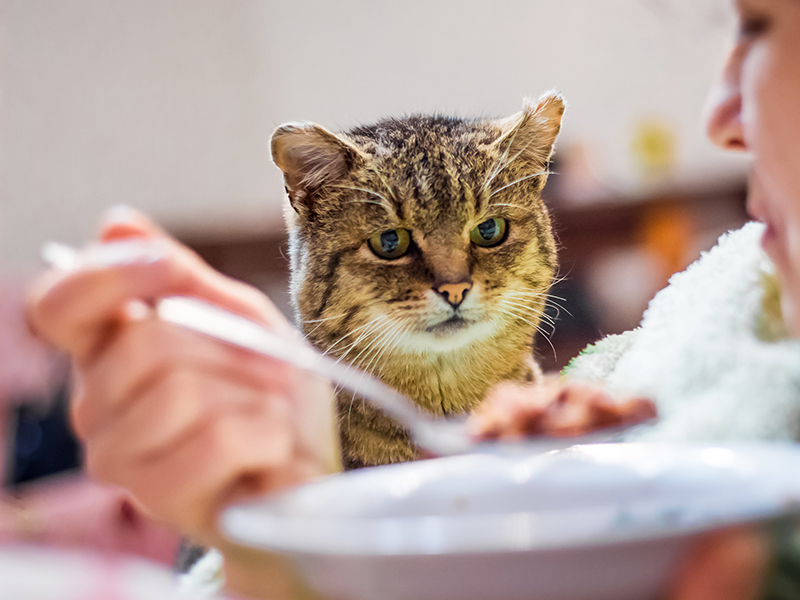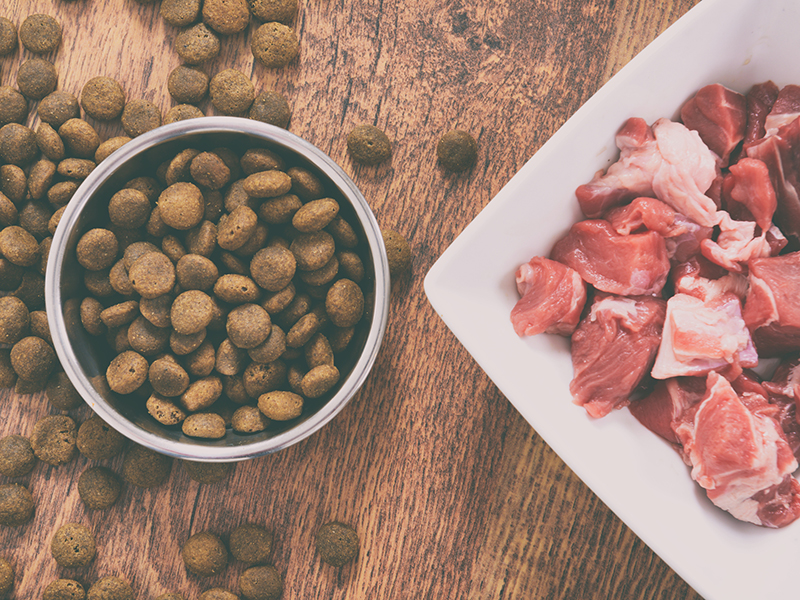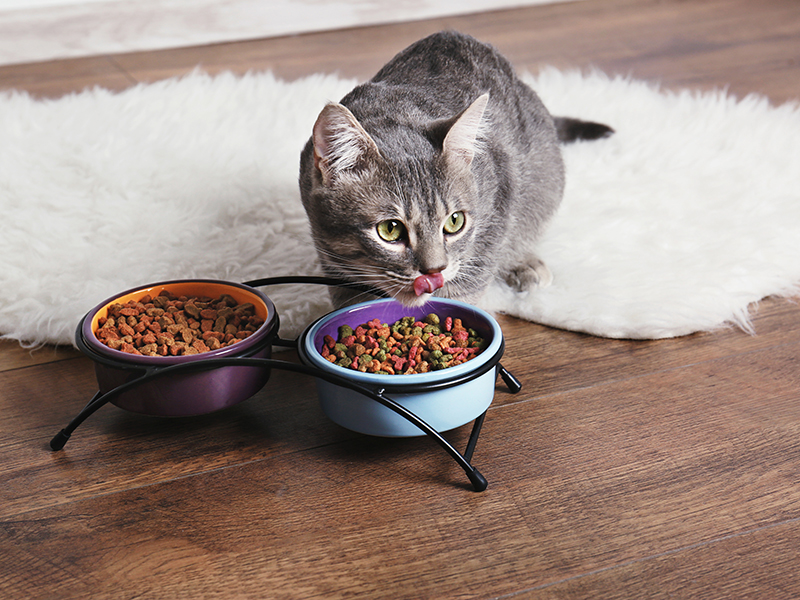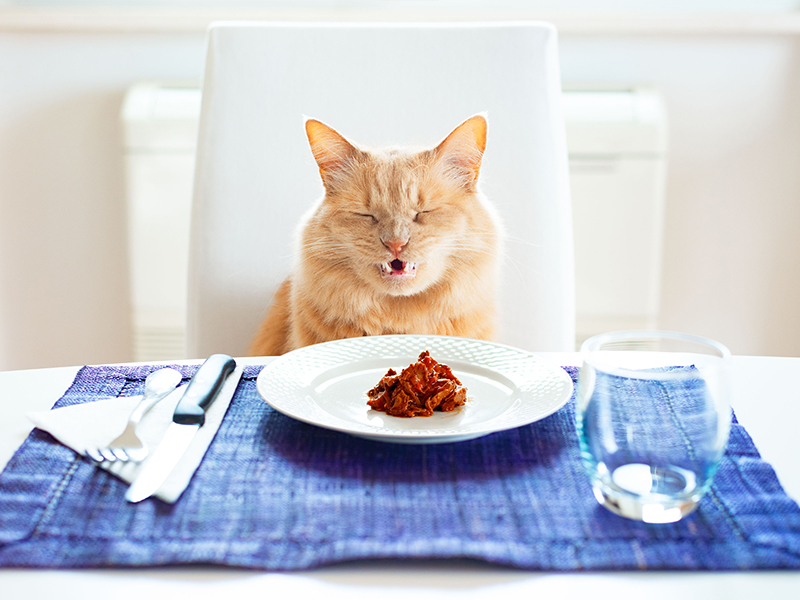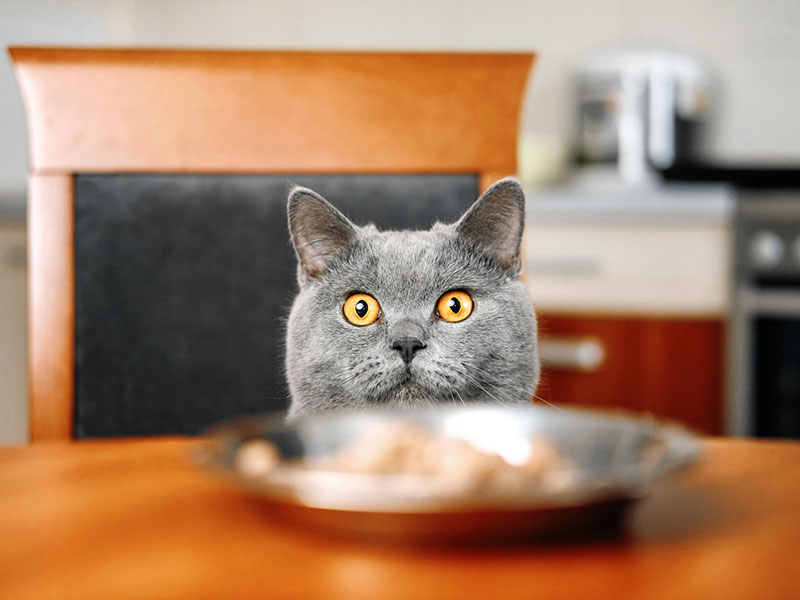With their high-energy profiles, kittens naturally need more nutrient-dense food than adult cats. You’ve probably already noticed how your tiny ball of fluff has doubled in size since the day you met, but buckle up, the growth spurts will keep coming over the next few months!
If your kitten is nearly at the eighth week of its adorable life, you’ll want to get a good handle of their nutrition as they make the full transition into kitten food. Your dedication to the vitality of your kitty is noble, though with so many store-bought kitten food options available, finding the best nutrients for your kitten can get a little overwhelming.
Don’t stress! We’ve put together a little list on what to look out for when reading food labels to find the best nutrients for your kitten:
Crude Protein
High-quality kitten food should contain around 30 to 34% of animal protein. Your tiny carnivore has adapted to gaining most of their essential amino acids from animal protein like chicken, beef, fish, and eggs.
Just like how our bodies use proteins as building blocks for muscle fiber, and to maintain healthy organs, your little feline friend does so too. Crude protein will also support the development of a healthy coat and strong set of claws to teach the couch who’s boss!
Good Fats
Good fats are naturally found within the animal meat mentioned above. Your kitten will use fat as its main source of energy so ensure that their food contains around 20% of it.
You’ll want to look out for food enriched with essential fatty acids like omega-3 and omega-6 as well. These two nutrients are important to your kitten’s development for various reasons:
Good Carbs
Some kitten owners overlook this source of fuel, but kittens need to ingest at least 5% of fibrous carbohydrates – they use this boost for nutrient absorption and healthy digestion.
Most high quality canned kitten food will add good grains of rice or wheat that have been pretreated in a way that makes them easy to chew and digest.
Balanced Vitamins
A well-balanced range and accurate portioning of vitamins are essential to your kitten’s development and vitality. Ensure that your choice of kitten food contains:
Essential Minerals
- Iron – supports good red blood cell function and is often supplemented into kitten food to prevent the development of anemia.
Calcium – is a key mineral that supports the development of strong bones and teeth, as well as blood flow, muscle contraction, and nerve impulses.
Magnesium – this powerful mineral gives a kitten a fluffy coat and supports bone density.
Sodium – helps with nutrient distribution and good healthy poop (which should be firm and brown).
Chloride – supports the alkali balance of a kitten’s body and helps with digestion.
Water
Optimal hydration the key to getting all of these good nutrients to work together. In addition to your kitten’s all-day access to a bowl of freshwater, there should be some water in their food too – try to be conscious of this if you’re considering a dry food only diet. Canned kitten food usually contains around 80% water.
Because kittens are usually more active than adult cats, they need as much water as they can get! Cats are actually not as good about self-hydration as dogs are, so try to do what you can to nudge them along.
Water will help to regulate your kitten’s body temperature when they’ve been pouncing around, but most importantly, it helps to distribute and digest all these essential nutrients properly.
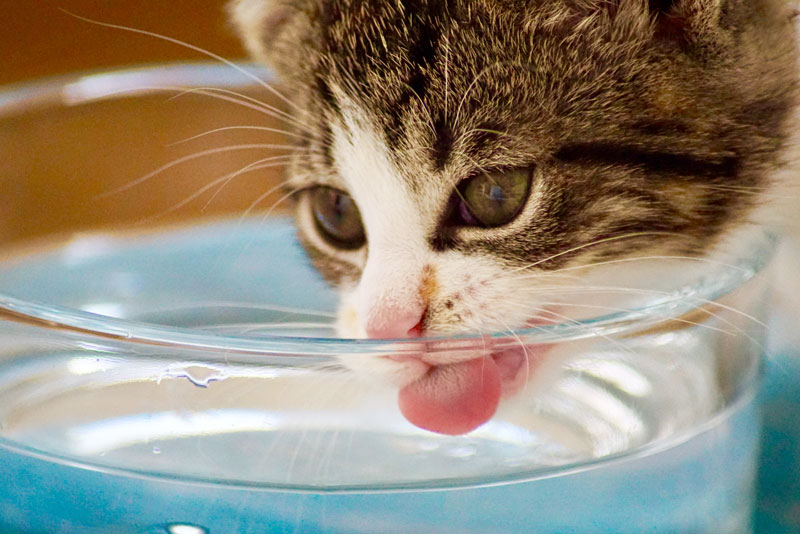
Check the Label
When you’re reading the label, make sure that you look out for the words ‘complete and balanced’. This indicates that the manufacturer has considered the optimal nutrients needed by your kitten in one recipe. Ideally, you should try introducing your kitten to a complete and balanced diet before thinking of any supplements (unless you have been advised to do so by a vet).
You’ll also want to look out for an ‘AAFCO’ approval. AAFCO stands for the Association of American Feed Control Officials – they regulate the pet food industry to ensure that manufacturers are consistently meeting nutritional standards that support the health and development of pets during various life stages. Don’t feel alone on your kitten care journey, you and your fur-child are fully supported!

